From the author of the best-selling F.I.A.S.C.O., a riveting chronicle of the terrifying rise of financial skulduggery and the damage it is doing. F.I.A.S.C.O. was 'Blood in the Water on Wall Street', this is blood and guts everywhere.
Frank Partnoy Livres
Les écrits de Frank Partnoy explorent la complexité des marchés financiers et leur réglementation. Fort de son expérience en tant que banquier d'investissement et avocat d'affaires, son travail offre des aperçus profonds sur le fonctionnement interne du monde financier. Partnoy est reconnu comme une autorité mondiale de premier plan en matière de réglementation des marchés, ses analyses étant fréquemment publiées dans les principaux médias internationaux. Ses contributions littéraires abordent des thèmes tels que les défaillances du marché et les conséquences de l'avidité financière.
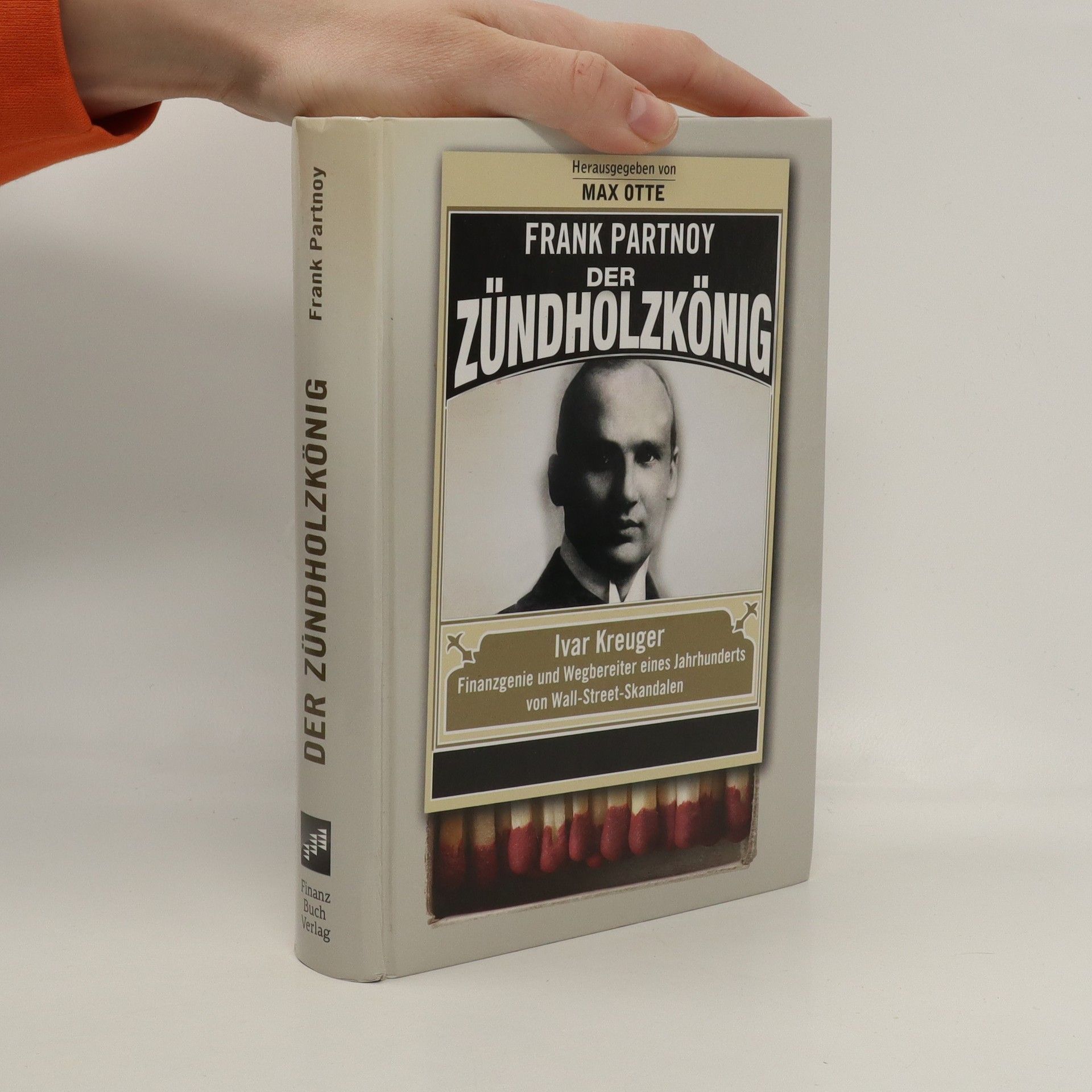
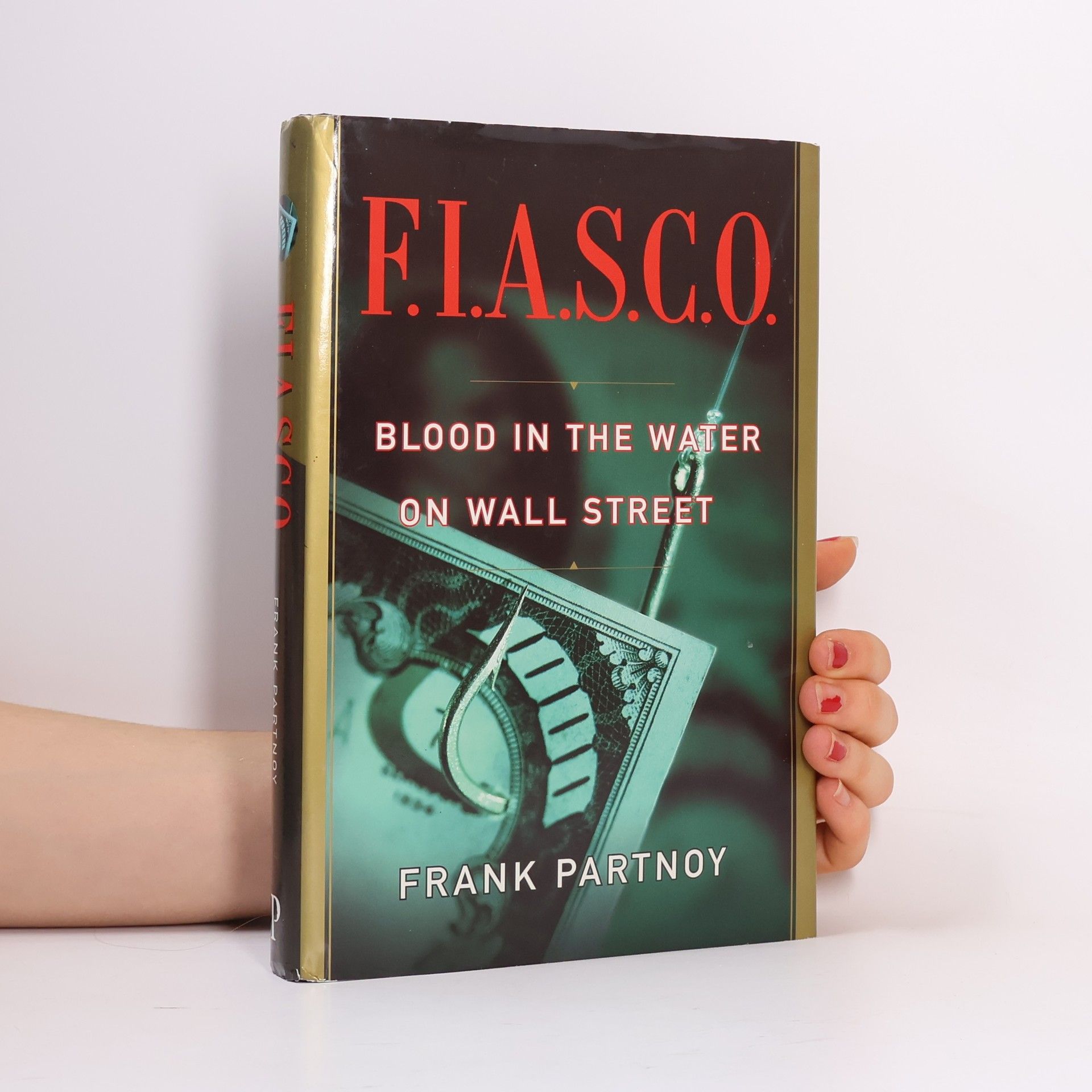
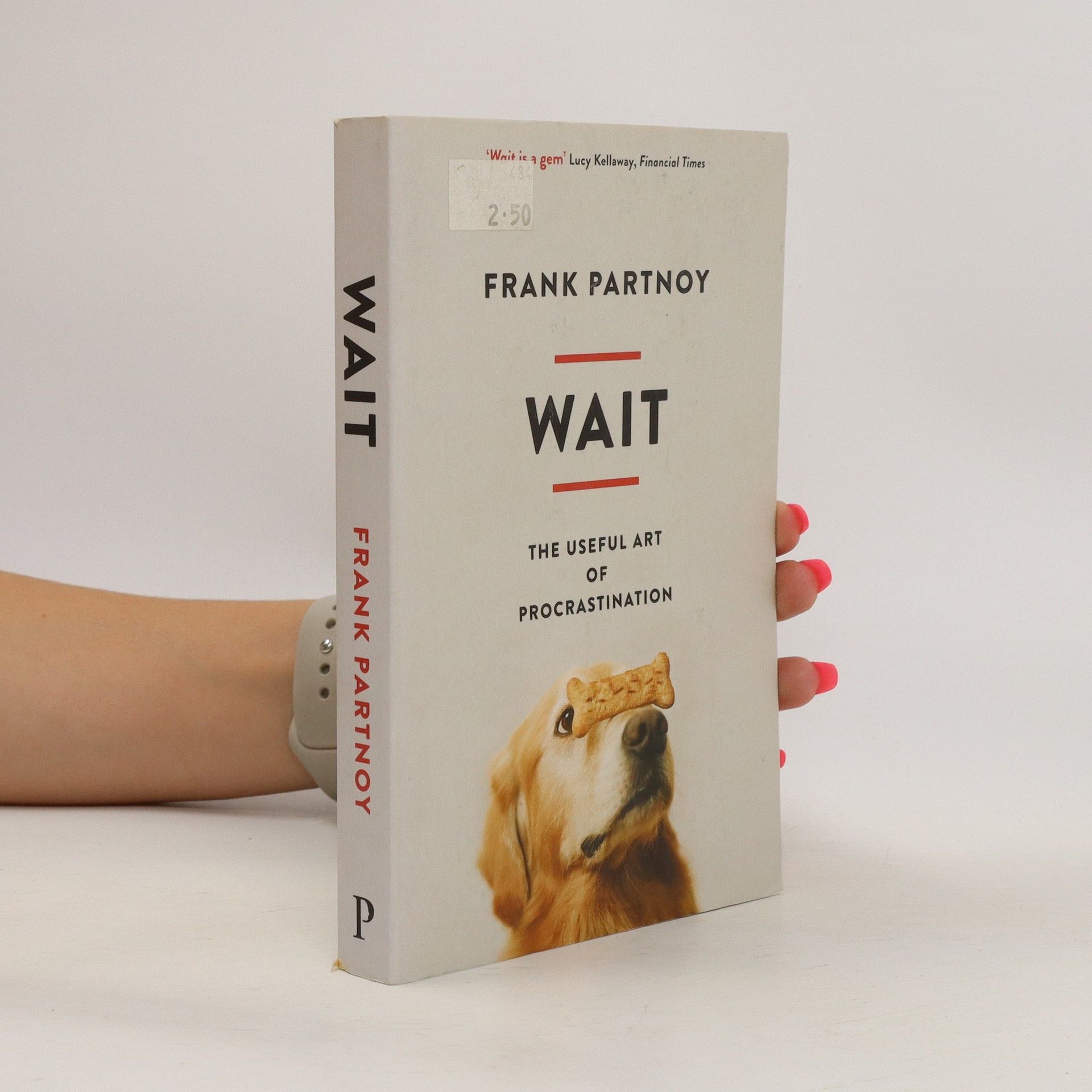
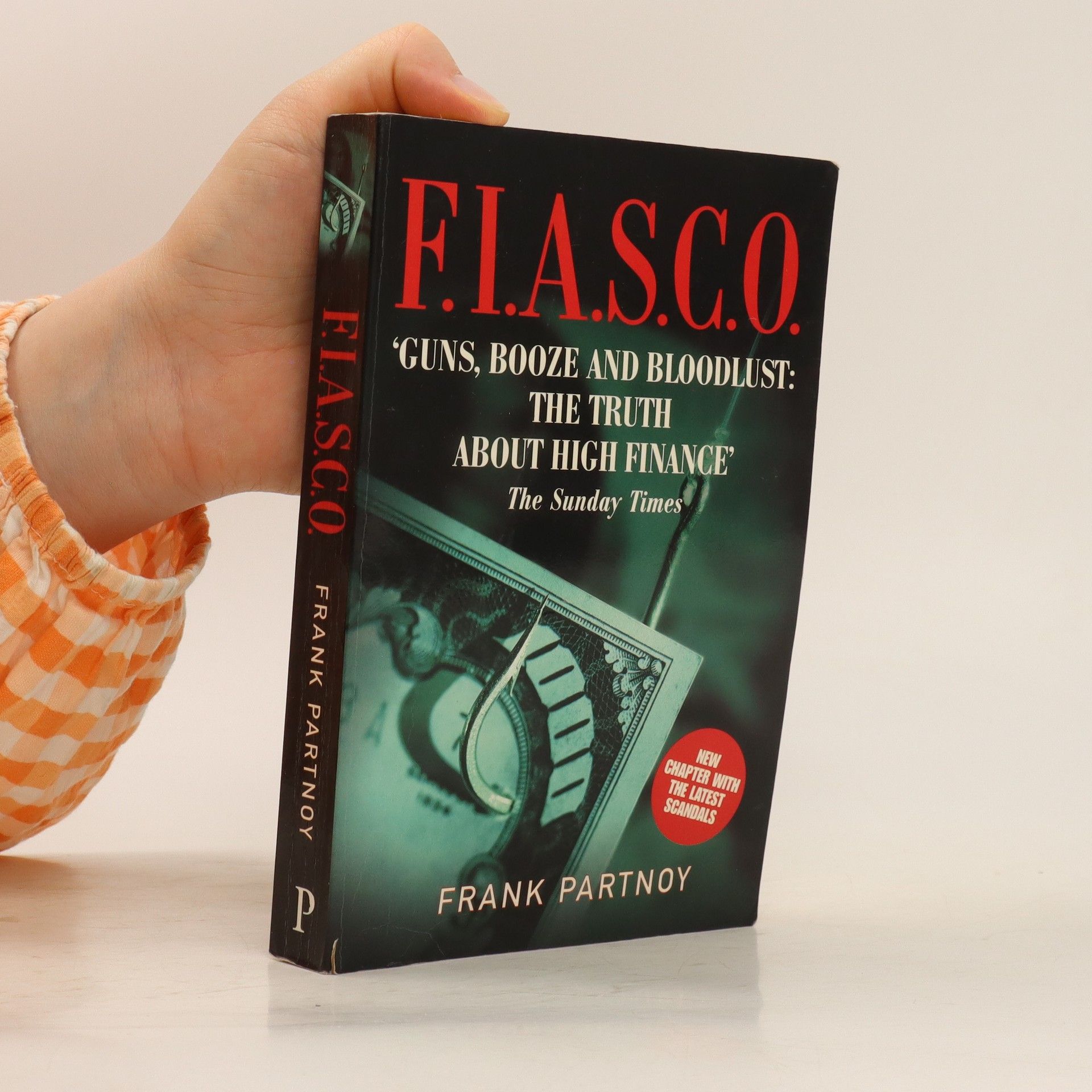
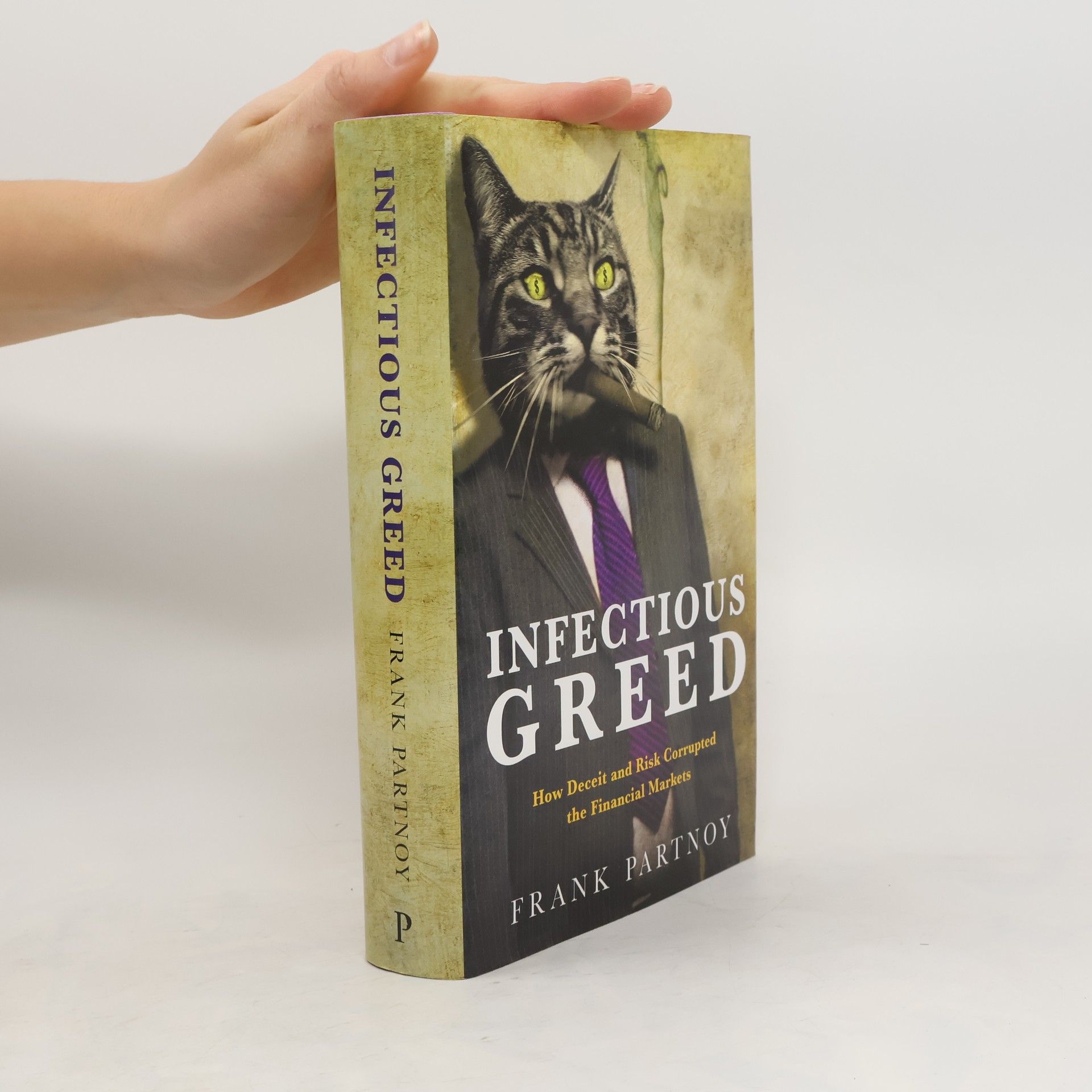
F.I.A.S.C.O. : guns, booze and bloodlust. The truth about high finance
- 256pages
- 9 heures de lecture
F.I.A.S.C.O. is a ringside seat on the nastiest and most important game being played on Wall Street today: think of derivatives trading as a blood sport, with the unsuspecting consumer as the prey. New chapter with the latest scandals.
In 'Wait', Frank Partnoy argues that decisions of all kinds, whether 'snap' or long-term, benefit from being made at the last possible moment. The art of knowing how long you can afford to delay before committing is at the heart of many a great decision, whether in a corporate takeover or a marriage proposal.
F.I.A.S.C.O.
Blood in the Water on Wall Street
An insider's diary of 1990s high finance from New York to Tokyo. It tracks the progress of a young Morgan Stanley salesman as he learns the ropes, where billions are lost in the creation and trading of securities so complicated that nobody - and certainly not the buyer - understands them.
Ivar Kreuger (1880 – 1932) war die zentrale Figur des europäischen Zündwarenmonopols, ein genialer Geschäftsmann und Erfinder ebenso trickreicher wie dubioser Finanzprodukte. Ein Gewinner und Verlierer zugleich. Nach dem rasanten Aufstieg seines Unternehmens folgte der tiefe Absturz und ein tragisches Ende: Selbstmord. In der Krise der 1920er-Jahre erkaufte Kreuger sich mit Krediten das Zündholzmonopol in Not leidenden Ländern Mitteleuropas und Südamerikas. Sein Trick: er emittierte Anleihen (Inhaber-Obligationen) auf sein Unternehmen und nahm dadurch Kredite auf, die er weiterverlieh. Das System kollabierte, als die Staaten nicht mehr zahlen konnten. Frank Partnoy hat diesen spannenden Stoff akribisch recherchiert und großartig nacherzählt. Sein Buch zeichnet ein genaues Bild der schillernden Figur Ivar Kreuger und seiner dubiosen Methoden als Finanzgenie.